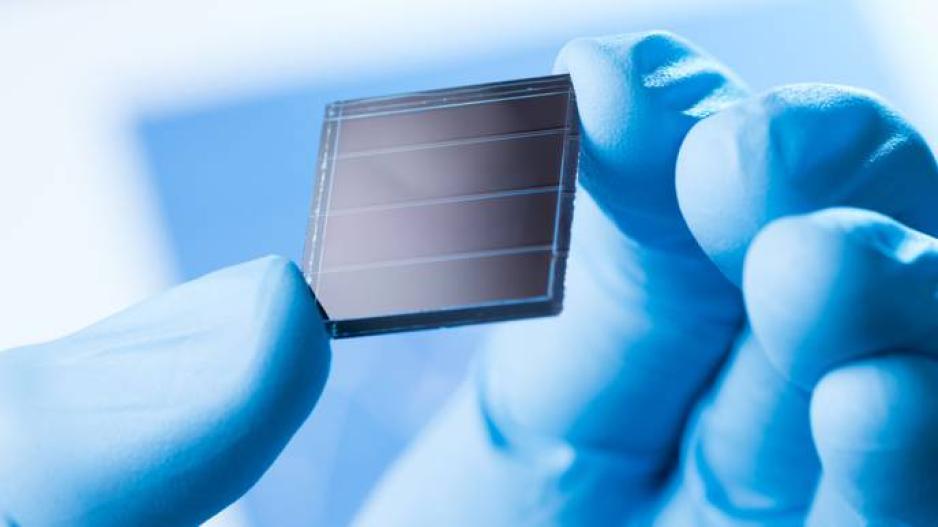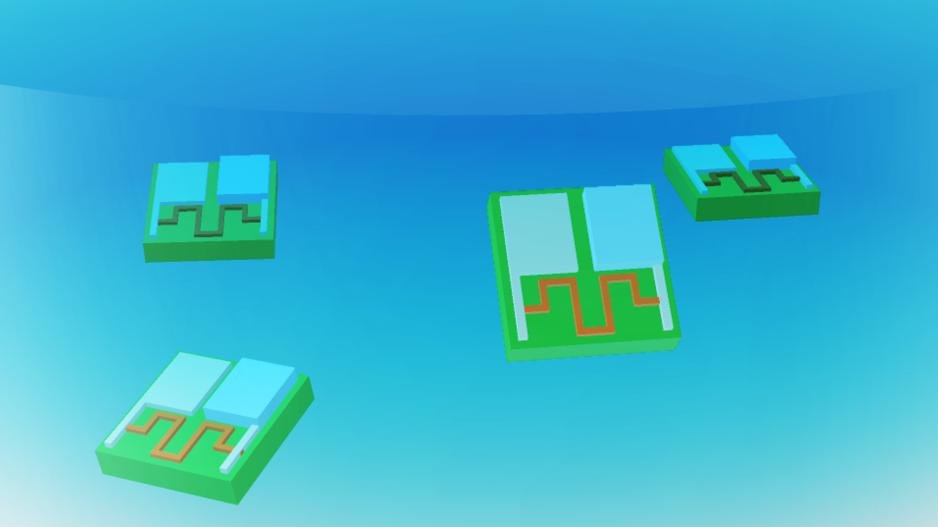MIT Develops Hair-Sized Battery to Power Cell-Sized Robots
A Groundbreaking Zinc-Air Battery, the Size of a Human Hair, Could Power Tiny Robots Capable of Delivering Drugs Directly to Cells
A research team at the renowned Massachusetts Institute of Technology (MIT) has developed a battery as small as a human hair to power robots the size of human cells.
The zinc-air battery draws oxygen from its surroundings and oxidizes minute amounts of zinc, generating up to 1 volt of energy. This energy can then be used to power objects like sensors or a tiny robotic arm capable of lifting and lowering to carry payloads, such as delivering insulin directly to the cells of a person with diabetes.
While cell-sized robots have long been proposed as a way to deliver medication to specific locations in the body, how they would obtain the energy needed to move and function has remained a significant challenge for scientists working to develop these revolutionary technologies.

Many current designs rely on solar power, meaning they must either be exposed to sunlight or controlled by laser beams. However, neither light source can penetrate deep into the body, limiting the range of such robots. These robots are often referred to as "puppets" because they must stay connected to a light source, much like a marionette's strings.
“Puppet systems don’t actually need a battery because they get all their energy from an external source,” said Michael Strano, a chemical engineer at MIT and the lead researcher on the project, whose team's findings were published in Science Robotics. “But if you want a small robot to access areas that otherwise couldn't be reached, it needs greater autonomy. A battery is essential for something that isn’t going to interact with the outside world.”
This new battery is among the smallest ever created. In 2022, researchers in Germany described a millimeter-sized battery small enough to fit on a microchip. Strano’s battery is about 10 times smaller, measuring just 0.1 millimeters in length and 0.002 millimeters in thickness. By comparison, the average human hair is about 0.1 millimeters thick.






